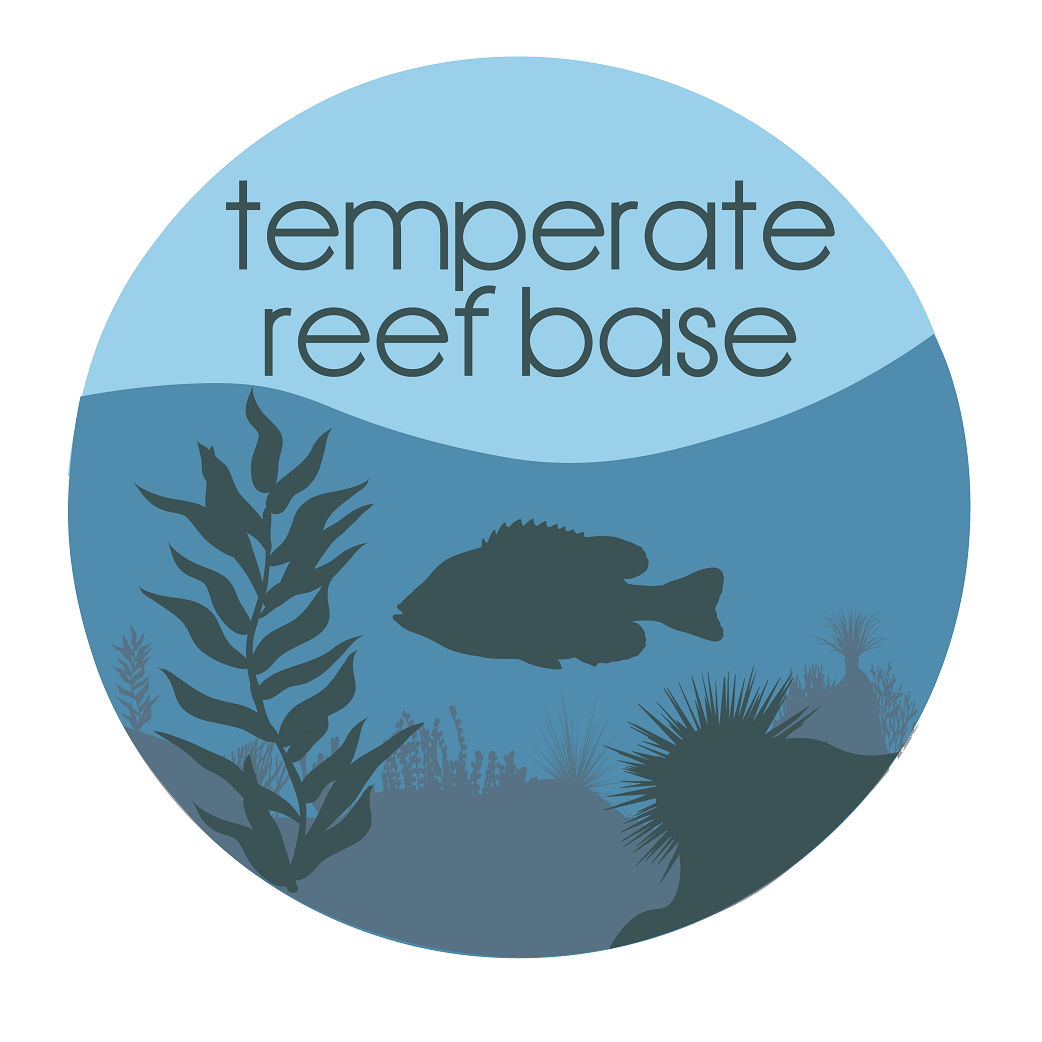MARINE INVERTEBRATE
Type of resources
Topics
Keywords
Contact for the resource
Provided by
-
Two toxicity tests were conducted in the Davis station laboratories in December 2010. Tests used locally collected amphipods of the species Orchomenella pinguides. The tests were conducted by Bianca Sfiligoj, as part of her PhD research (Sfiligoj 2013), with results published in (Sfiligoj et al. 2015). Field and laboratory work was conducted under project AAS 2933, with analysis and write-up completed under AAS 4100 (both projects CI: King). Details are fully described in the published manuscript provided with this data record; file name: Sfiligoj et al 2015_Ecotoxicology.pdf. A subset of the data is also used in Candy et al. 2015 (Filename: Candy et al 2015_Ecotoxicology.pdf). Data files: Test data are provided in the .xlsx file: 'Orchomenella-Tests-Dec 2010.xlsx'. Each worksheet includes a "This worksheet provides…" description in cell A1. Laboratory notebook records are provided in the scanned file: Sfiligoj-LabBookScan-Davis10-11.pdf. In this notebook, tests are labelled LT1 and LT2 (referred to as: amphipod lentil test 1 and 2); with results recorded on pages: 1-19 and 26-28. Data associated with this record has also been presented at: - Candy SG, Sfiligoj BJ, King CK, Mondon JA (2013) Modelling interval-censored survival times in toxicological studies using generalized additive models, The International Biometric Society Australasian Region Conference 2013, Mandurah, Australia, 1-5 December 2013. - Sfiligoj BJ, King CK, Candy SG, Mondon JA (2012) Development of appropriate bioassay and statistical methods for determining survival sensitivities of Antarctic marine biota to metal exposure, 2nd Society for Environmental Toxicology and Chemistry (SETAC) Australasia Conference, Brisbane, Australia, 4-6 July 2012. - Sfiligoj BJ, King CK, Candy SG, Mondon JA (2012) Development of appropriate bioassay and statistical methods for determining survival sensitivities of Antarctic marine biota to metal exposure, Society for Environmental Toxicology and Chemistry (SETAC) World Congress, Berlin, Germany, 20-24 May 2012.
-
A number of toxicity tests have been conducted using the marine microgastropod, Skenella paludionoides, between the years 2006 and 2010. Tests have determined sensitivity of this species to the a range of common metals contaminants; cadmium, copper, nickel, lead and zinc. Test biota were collected from Casey and Davis, with tests conducted either at Antarctic station laboratories or in AAD Kingston laboratories (after transport of animals back to Australia). See the child records for access to the data.
 TemperateReefBase Geonetwork Catalogue
TemperateReefBase Geonetwork Catalogue